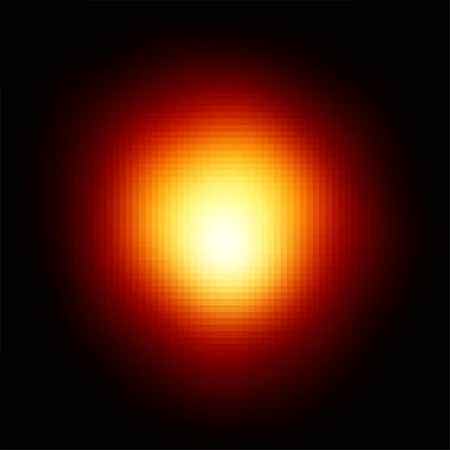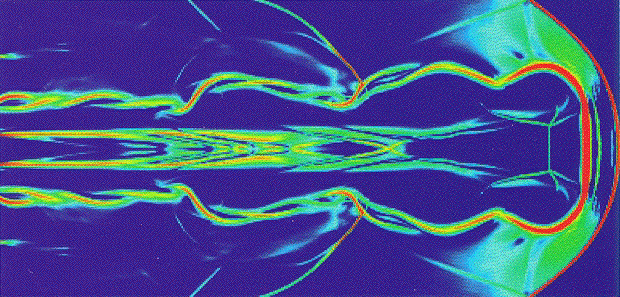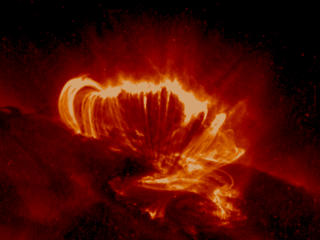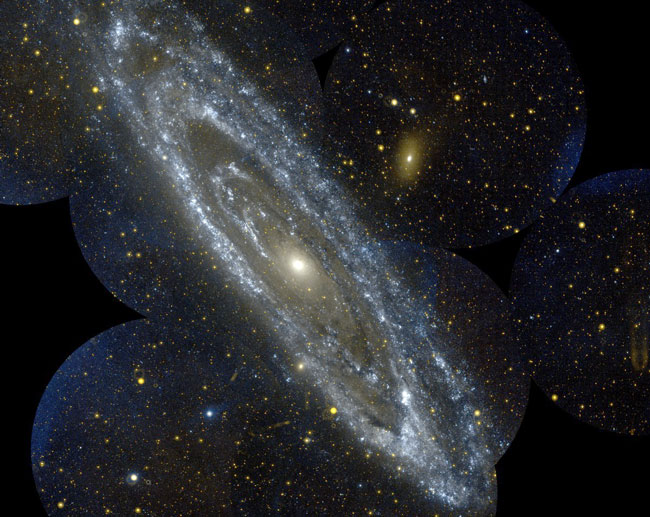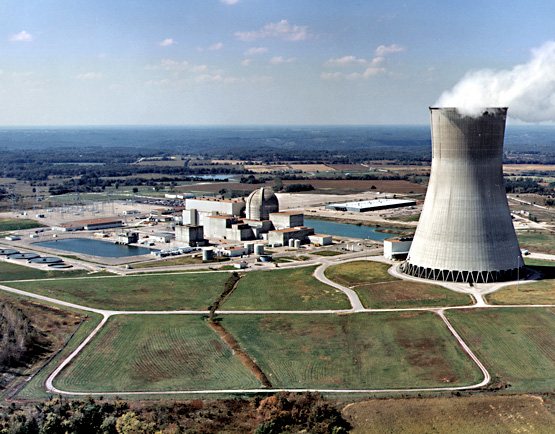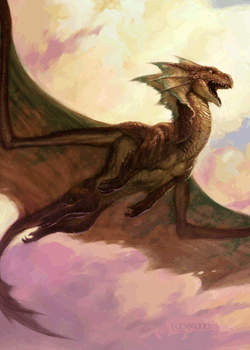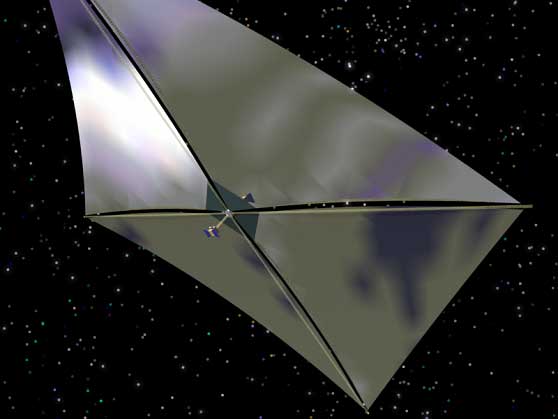[/caption]
Last week we looked at the complete life of the Sun, birth to death. But stars can be smaller, and stars can get much much larger. And with a change in mass, their lives change too. Let’s start the clock again, and see what happens to the smallest stars in the Universe; and what happens to the largest.
Click here to download the episode.
Or subscribe to: astronomycast.com/podcast.xml with your podcatching software.
The Life of Other Stars – Transcript and show notes.

